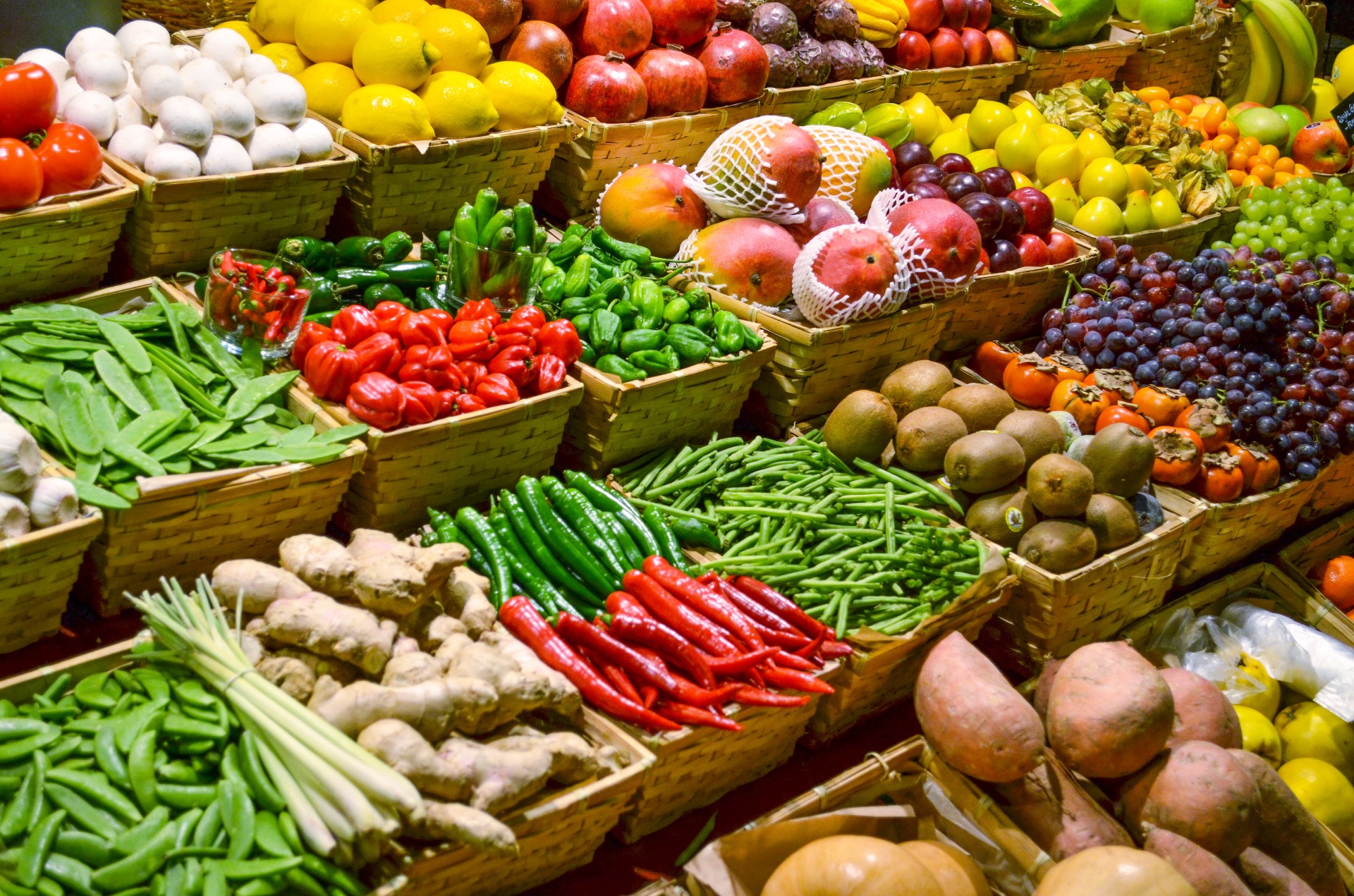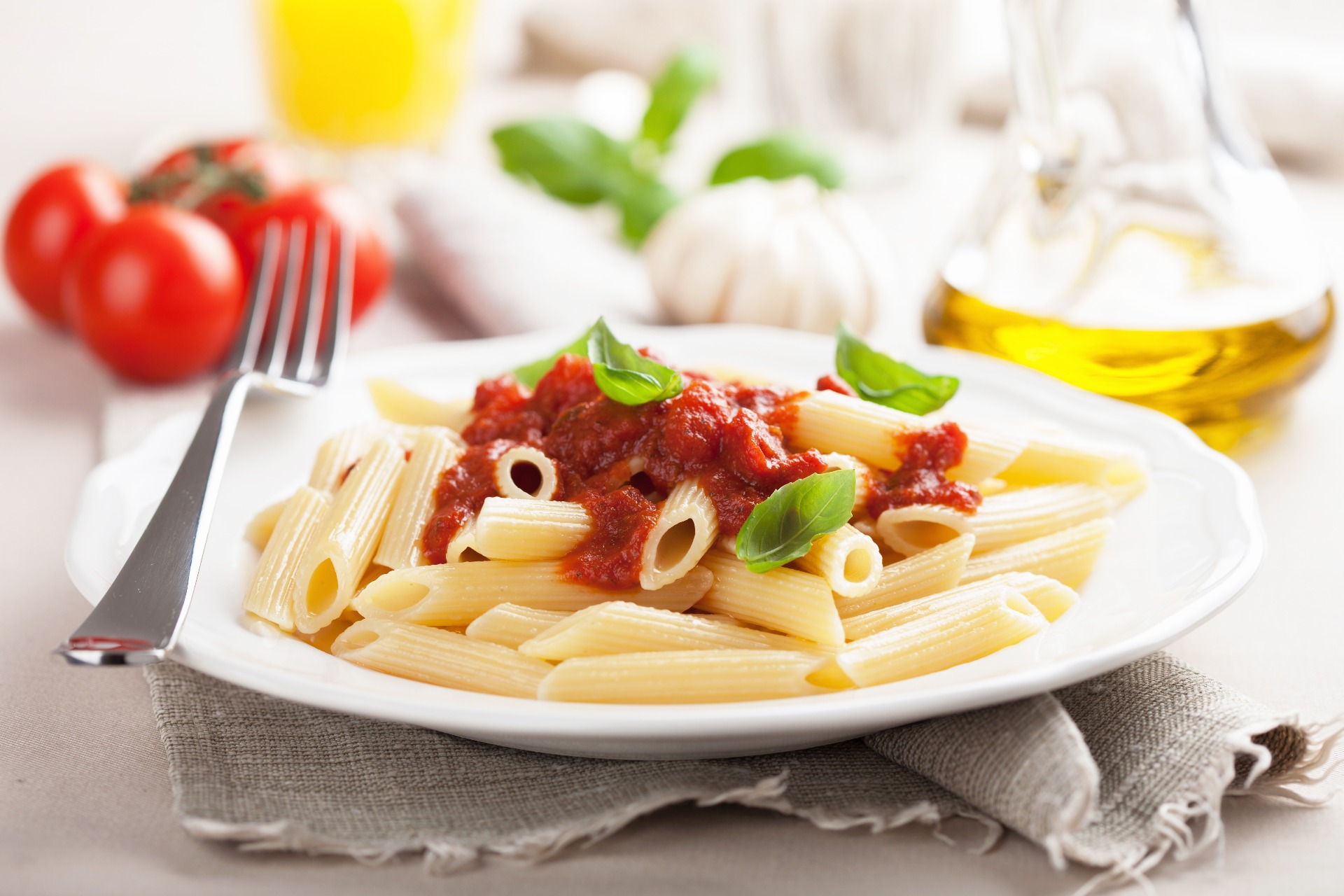Hello
Welcome to the Low Fodmap Diet website

My story.
I'm a secondary school teacher in Australia, now working as a professional conference organiser. I was diagnosed with Fructose Malabsorption (FM), Irritable Bowel Syndrome (IBS) and lactose malabsorption (LM) in 2010.
"Like many others, for many years I was constantly sick and being rushed to hospital emergency. I would often eat out only to find that most of my food money was wasted before the end of the night due to nausea. No one could tell me what was wrong until 2010, when thanks to my gastroenterologist, I was finally diagnosed with Fructose Malabsorption (FM) and Irritable Bowel Syndrome (IBS). Finally armed with a diagnosis, I had to make a drastic change to my diet. With the assistance of a dietician I started the Low FODMAP diet and changed the way I ate, cooked, shopped and thought about food. I discovered very quickly that managing my symptoms was easier at home as a result of the adjustments and changes I had to make to my diet. This of course was very difficult when I ventured away from home. The main reason was that people would look at me as if I was crazy and making up some unusual dietary problem to be difficult. Some food outlets and other venues were very sympathetic, others just wanted me to go away because they really weren't interested, and I was a nuisance. It got to a point where I just didn't want to go out and found it very difficult when I was forced to be out.
The main issue confronting me was that as a Professional Conference Organiser (PCO), I'm required to spend a vast amount of time travelling away from home. Thus depending on food outlets, hotel kitchens, restaurants, chefs, banquet staff and café owners who, for the most part, have no idea what FM or Low FODMAP means, much less care or cater for it. The vast majority of people simply lack sufficient understanding of what it entails, and for this reason, I have been quite sick a number of times whilst travelling for work. Needless to say this is not productive to say the least. For this reason I decided to become pro-active, after all, I wasn't alone with this struggle, others must go through the same frustrating experiences. I decided to try and do something about it. It all boils down to asking the right questions before ordering your meal as well as focussing on what you can eat rather than what you can't. This makes it easier for the Chefs.
The old teacher instinct took over and I decided to start educating people about this increasing problem. This was vital to avoid "being sick" when travelling or out for a meal with family and friends. It has been 7 years since my diagnosis and to date I still can't request a Low FODMAP diet on any flight. I feel sorry for flight attendants who really want to help and provide me with a meal or something to eat. They offer me an "APPLE" or some other fruit once the other options are exhausted, but apples are very high in FODMAPs and no longer on my eating list. I don't blame them as they simply lack knowledge about the issue. It is said "knowledge is power" so I'm aiming to address the current lack of knowledge regarding FODMAP intolerance as well as other lesser known dietary conditions. The Low FODMAP Diet has been a life saver for many people who suffer with these intolerances. I hope you'll join me on this often confusing journey." Aghi
Low Fodmap Diet

What is Fructose Malabsorption
"Fructose Malabsorption is more
common than Fructose Intolerance. It affects approximately 30% of people and
especially young people who consume many soft drinks per week including soda
and mixers. With Fructose Malabsorption special cells (epithelial cells) on the
surface of the intestine are not available to break down the fructose sugars. If
you eat more fructose than your small intestine can absorb, the excess fructose
passes through to the large intestine. In the large intestine, the fructose
prevents the absorption of water. This causes watery stools / diarrhoea, and
prevents absorption of minerals and vitamins. The abnormal sugar in the large
intestine also feeds the bacteria and yeasts there, producing hydrogen, carbon
dioxide and methane. These gases create pressure in the large intestine,
causing bloating, abdominal pain and flatulence."

Irritable Bowel Syndrome
"Irritable bowel syndrome (IBS) is a common functional gastrointestinal disorder (FGID) affecting one in seven Australian adults and is also common in the USA, Europe and many Asian countries. This condition is characterised by chronic and relapsing symptoms; lower abdominal pain and discomfort, bloating, wind, distension and altered bowel habit (ranging from diarrhoea to constipation) but with no abnormal pathology. The diagnosis of IBS/FGID should be made by a medical practitioner." https://med.monash.edu.au/cecs/gastro/fodmap/

What are FODMAPs?
The Monash University site defines FODMAP as follows
What does FODMAP stand for?
Fermentable
The process through which gut bacteria degrade undigested
carbohydrate to produce gases (hydrogen, methane and carbon dioxide)
Oligo-saccharides
Fructo-oligosaccharides (FOS) found in; wheat, rye, onions and garlic
Galacto-oligosaccharides (GOS) found in ; legumes/pulses
Disaccharides
Lactose found in; milk, soft cheese, yoghurts
Mono-saccharide
Fructose (in excess of glucose) found in honey, apples, high
fructose corn syrups
Polyols
Sugar polyols (eg. sorbitol, mannitol) found in some fruit
and vegetables and used as artificial sweeteners
https://med.monash.edu.au/cecs/gastro/fodmap/description.html
Quick Contact

Email: fodmap@outlook.com
Facebook:
https://www.facebook.com/l.fodmap.diet


